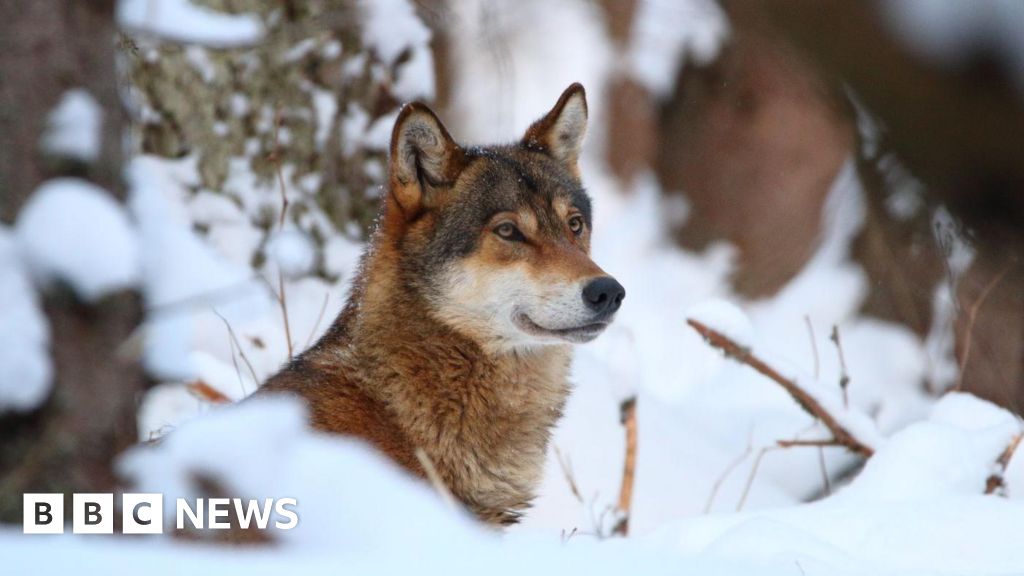Here is the result in plain text:
The first snow of winter has fallen in Sansimion, a village in Romania’s eastern Carpathian mountains. Shepherd József Rácz and his sons keep 500 ewes up on the high pasture here. It’s a hard life: when he’s not worrying about milking his sheep, which he does three times a day, he’s worrying about protecting them from predators. Each year, József loses five or six of his herd to a wolf, or a bear. It’s why he keeps 17 dogs.
This week, 45 years of strict protection for grey wolves in Europe could come to an end. A European Commission proposal wants to move wolves from Annex II (strictly protected) to Annex III (protected) of the Bern Convention. This would remove many of the safeguards which have allowed the animals to flourish in Europe – if wolves lose their current status, each EU country would be able to set an annual quota of wolves to kill.
The Commission argues that the number of wolves in the EU has almost doubled, from 11,000 in 2012 to over 20,000 today, and that they’re causing too much damage to livestock. But wildlife campaigners say improved protection methods, including trained sheep dogs, would be a better solution than removing safeguards. They say that wolves keep down numbers of deer and wild boar, which damage trees and crops. Wolves also prevent the spread of diseases by eating sick animals.
In the town of Baile Tusnad, in a valley near József’s village, wildlife experts met recently to discuss large carnivores. Most, though not all, oppose the hunting of wolves and bears. “African swine fever is spreading all over Europe,” said Michal Haring, a biologist from Slovakia, “and the wolf is a very good ‘doctor’ for this, suppressing the disease. Wolves cannot catch it.”
Campaigners also point to a 2023 EU report, which states that only around 50,000 of Europe’s 68 million sheep and goats are killed by wolves each year – 0.065% of the total number – adding that the overall impact of wolves on EU livestock is “very small”. Moreover, it says there have been no fatal wolf attacks on humans for 40 years.
Wolves can devastate flocks of sheep, but József says they are dangerous because “they’re clever animals”. He favours tougher legal measures to cull the predators. Bears approach through the forest, treading on branches and alerting his dogs, József says: if they break into the wickerwork enclosure where his herd stay at night, they will only grab one animal. If a pack of wolves get in though, they can kill dozens of sheep at a time.
Source link




